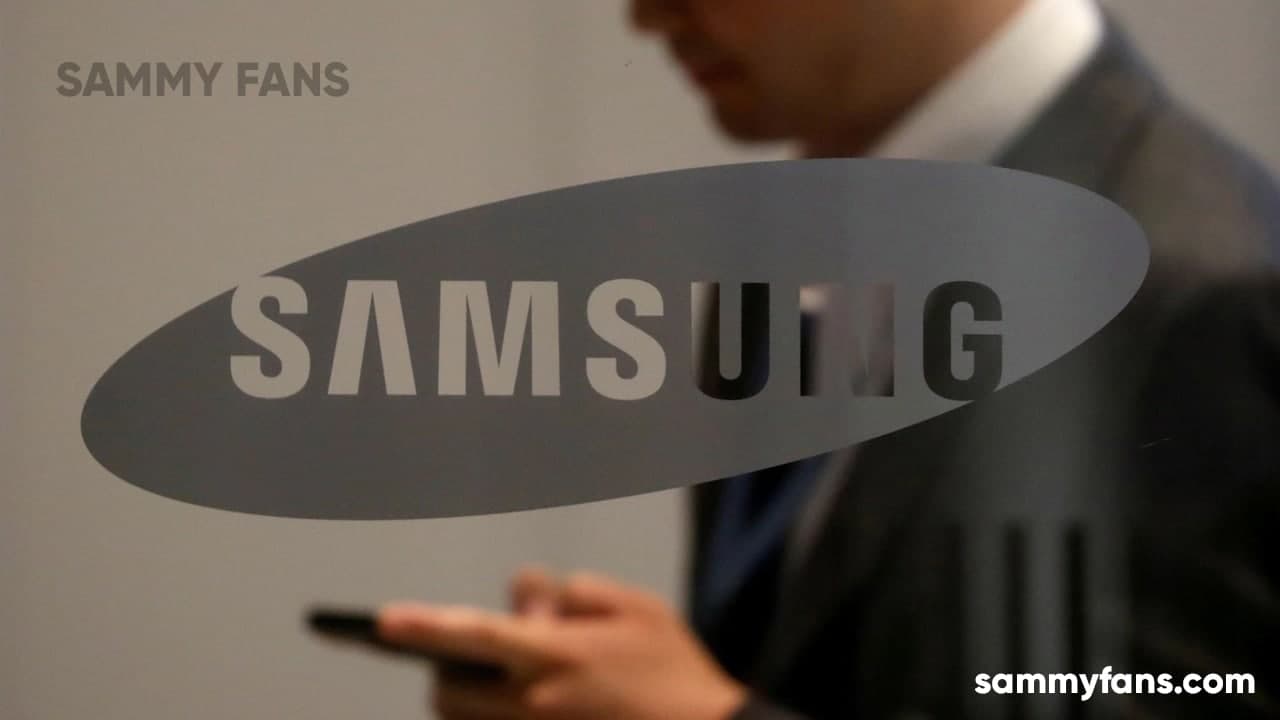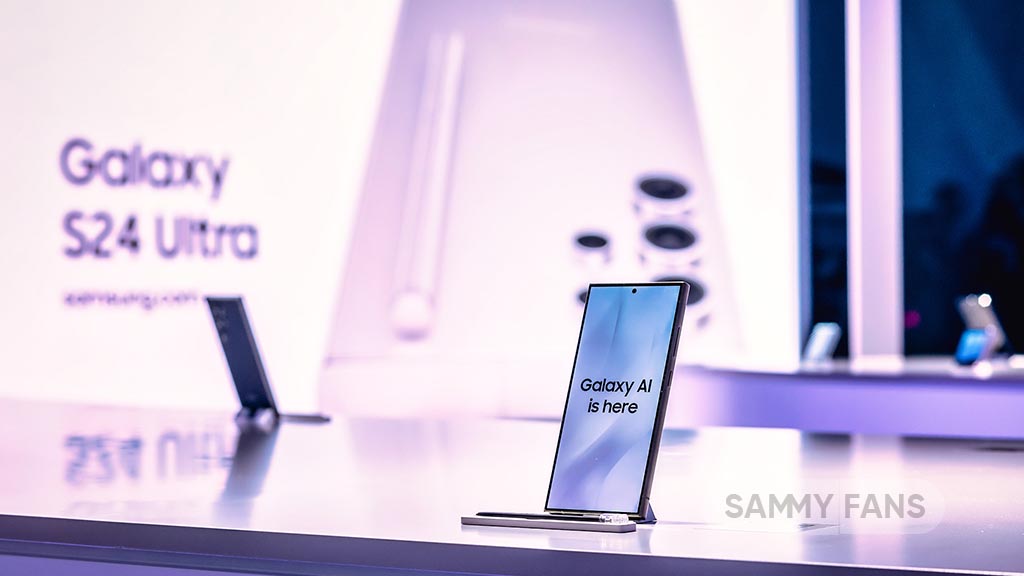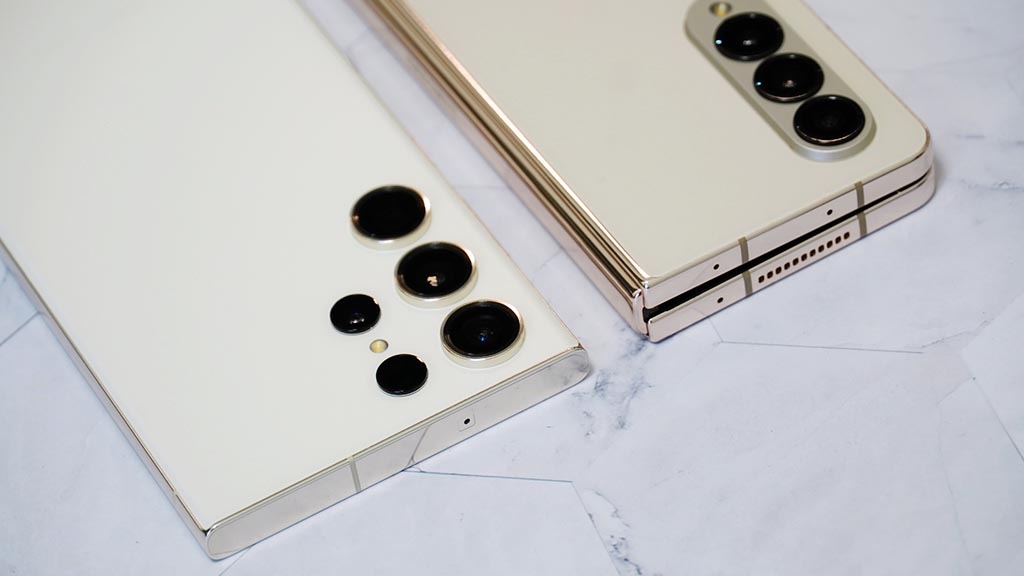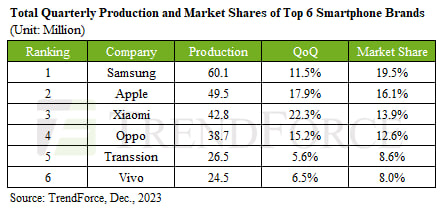Business
Samsung got knocked out by Xiaomi from the top spot in Russian smartphone market

Recently, one of the popular market analysis firms, Canalys reported that India’s smartphone exports fell by 13% between Q1 and Q2 2021, to 32.4 million units, due to the second wave of COVID-19, which reduced demand.
However, its global industrial leadership could be short-lived if Xiaomi’s explosive growth is a signal. The Chinese startup was already a challenge and sometimes surpassed Samsung’s first position in India. India, the second-largest hope in the smartphone market in the world – that of India.
Join Sammy Fans on Telegram
According to a Russian analyzer, if that were not enough, it would appear that Samsung is now facing a losing battle in Russia. Because it is no longer a big game in the transcontinental world. It lost the article to Xiaomi last month, according to local media reports.
The strategy of Xiaomi is simple – it is focused on bringing cheap and affordable devices to market, says the report. The popular Poco brand in Russia also adopts this strategy. “Poco is focused on offering flagship features at midrange prices,” it said.

Specifically, Xiaomi now owns about a third of Russia’s smartphone market at 31.2%, while Samsung’s share stands at 29.8%. The mates are followed by Apple at 14.5% and Realme (4.6%), another producer from the Far East.
Xiaomi’s victory over Samsung also seems to be a convincing one when you see that its spinoff Poco brand managed to hold 3.8% of Russian smartphone sales in June, thus completing the product list of the world’s top five companies.
Business
Samsung holds onto top spot but Apple, Xiaomi getting closer

Samsung remained the king in the Q2 2024 market, but Apple and Xiaomi are getting closer. IDC market research data shows that Samsung led the worldwide smartphone market in the second quarter of the year and Chinese brands scored rapid growth.
According to IDC, Samsung sold 53.9 million devices in the second quarter. The company occupied an 18.9% market share internationally. The company has slightly improved its sales share up from 53.5 million units in the same period last year.
The data suggests that Apple ranked second in terms of global volume sales. The iPhone maker shipped 45.2 million devices in Q2, 2024. It captured a market share of 15.8%, a modest increase from 44.5 million shipments in the second quarter of last year.
Third comes Xiaomi. The Chinese brand saw massive growth in sales year over year. It had sold 42.3 million smartphones in the second quarter alone. It’s a big jump from 33.2 million units shipped in Q2 2023, becoming a potential threat to Apple and Samsung.

Apart from this, Vivo also recorded significant growth in the global market. The company’s year-over-year growth in Q2 was 21.9%, with sales listing 25.9 million units with a market share of 9.1%. The growth percentage shows that aggressive marketing and boasting competitive specs into devices is paying off.
Samsung, Apple’s game isn’t over…
Last week, Samsung launched its new foldable phones, releasing on July 24, 2024. Apple, on the other hand, is expected to launch new flagship iPhones in September. It means, Samsung will enjoy the third quarter as well. The fourth quarter might be of Apple as iPhone sales would sharply grow in the global market given the new lineup release.
Samsung is now preparing to unveil new FE products later this year, followed by the S25 series in early next year. Chinese brands are expected to debut their latest flagships in the last quarter of this year, while Google Pixel phones are also coming in August.
Business
Samsung expects massive profit boom in Q2 given AI rise

Samsung today announced provisional sales and profit results for the second quarter. Samsung formally announced the provisional/predicted sales and operating profit, suggesting a massive profit boom in Q2, 2024 given the AI memory semiconductor rise.
In Q2, 2024, Samsung sales provisionally increased by 2.89% and operating profit by 57.34% compared to the previous quarter thanks to AI boom. Besides, the sales climbed by 23.31% and operating profit by 1,452.24% compared to the same period last year.
The company expects sales of 74 trillion won and operating profit of 10.4 trillion won on a consolidated basis. While these results are not final, there won’t be much change in the final result when it comes out. Samsung had a pretty profitable period in the second quarter.
Samsung in Q2
- Consolidated Sales: Approximately 74 trillion Korean won
- Consolidated Operating Profit: Approximately 10.4 trillion Korean won
The Korean tech giant is currently facing yield issues in its second-generation 3nm process. The flagship Exynos processor is unlikely to be commercialized this year. It would lead the Mobile business to face additional burdens due to rising prices of Snapdragon chipsets.
Meanwhile, Samsung is focussing on HBM (high bandwidth memory) semiconductors. HBM is a key player in artificial intelligence servers and data centers. The booming AI market will directly benefit Samsung’s semiconductor business.
Business
Samsung leads Q3 smartphone market, Huawei’s entry haunts Apple

Samsung ranked first in market share in the global smartphone market in Q3, 2023. TrendForce report says that Samsung led the global Q3 smartphone market, recording a market share of 19.5%.
Overall production in the third quarter increased by 11.5% compared to the previous quarter to 60.1 million units. During the same period, Apple’s production increased by 17.9% to 49.5 million, thanks to iPhone 15.
Follow our socials → Google News | Telegram | X/Twitter | Facebook | WhatsApp
Third place was taken by Xiaomi (13.9%), followed by Oppo (12.6%) and Transion (8.6%). 6th place is Vivo (8%). Meanwhile, global smartphone production reached 308 million units, a 13% increase compared to the previous quarter and a 6.4% increase from the previous year.
Huawei’s re-entry into the flagship smartphone market targeting Apple has had a significant impact in China. Huawei is aiming to expand its high-end flagship series, focusing on the Chinese domestic market next year, so Apple “We plan to attack directly”.

// Source












